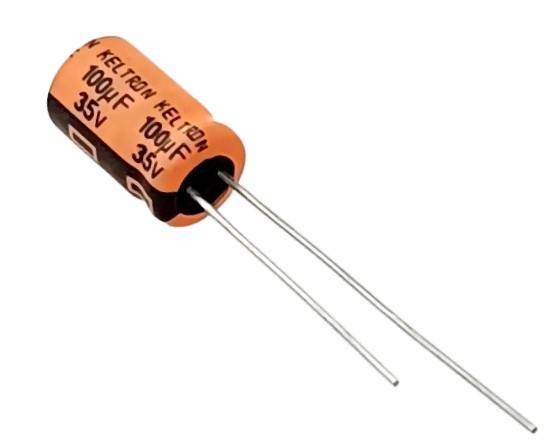The Crucial Role of Capacitors in Enhancing the Performance of DC Motors

DC motors are widely used in various industries, ranging from automotive to robotics, due to their ability to convert electrical energy into mechanical energy. To optimize the performance and efficiency of DC motors, engineers incorporate capacitors into their design. In this article, we will explore the reasons why capacitors are used in DC motors and how they contribute to their overall functionality.
- Smoothing Voltage Ripples:
One of the primary reasons for using capacitors in DC motors is to smooth out voltage ripples. As the motor operates, it may experience fluctuations in the power supply, resulting in uneven voltage levels. These voltage ripples can lead to motor instability, increased noise, and reduced efficiency. By connecting capacitors in parallel with the motor, they act as energy storage devices, absorbing excess voltage during high peaks and releasing it during low points. This process helps to stabilize the voltage supply, ensuring a consistent and smooth flow of power to the motor. - Suppressing Electrical Noise:
DC motors generate electrical noise during operation, which can interfere with other electronic components and systems. Capacitors play a crucial role in suppressing this noise by acting as filters. They absorb and dissipate high-frequency noise generated by the motor, preventing it from propagating through the electrical system. By reducing electrical noise, capacitors help to maintain signal integrity and minimize electromagnetic interference, ensuring the proper functioning of other sensitive electronic devices. - Enhancing Motor Efficiency:
Capacitors contribute to improving the efficiency of DC motors in several ways. Firstly, they help to compensate for the inductive nature of the motor windings. As the motor rotates, it generates back electromotive force (EMF), which opposes the applied voltage. This back EMF can cause voltage spikes and reduce motor performance. Capacitors connected in parallel with the motor help to counteract this effect by storing and releasing energy, thereby maintaining a stable voltage supply and enhancing motor efficiency.
Additionally, capacitors can improve the power factor of DC motors. Power factor is a measure of how effectively a motor converts electrical power into mechanical power. By adding capacitors, the power factor can be increased, reducing reactive power and minimizing energy losses. This results in improved motor efficiency, reduced power consumption, and lower operating costs.
- Extending Motor Lifespan:
Capacitors also contribute to extending the lifespan of DC motors. By stabilizing the voltage supply and reducing voltage spikes, they protect the motor from excessive stress and potential damage. Additionally, capacitors help to regulate current flow, preventing sudden surges that could harm the motor windings. By maintaining a stable and controlled electrical environment, capacitors help to ensure the longevity and reliability of DC motors.
Conclusion:
In conclusion, capacitors play a vital role in enhancing the performance, efficiency, and lifespan of DC motors. By smoothing voltage ripples, suppressing electrical noise, improving motor efficiency, and protecting against voltage spikes, capacitors optimize the overall functionality of DC motors. Their incorporation into motor design is essential for various industries, enabling the reliable and efficient operation of countless applications.
